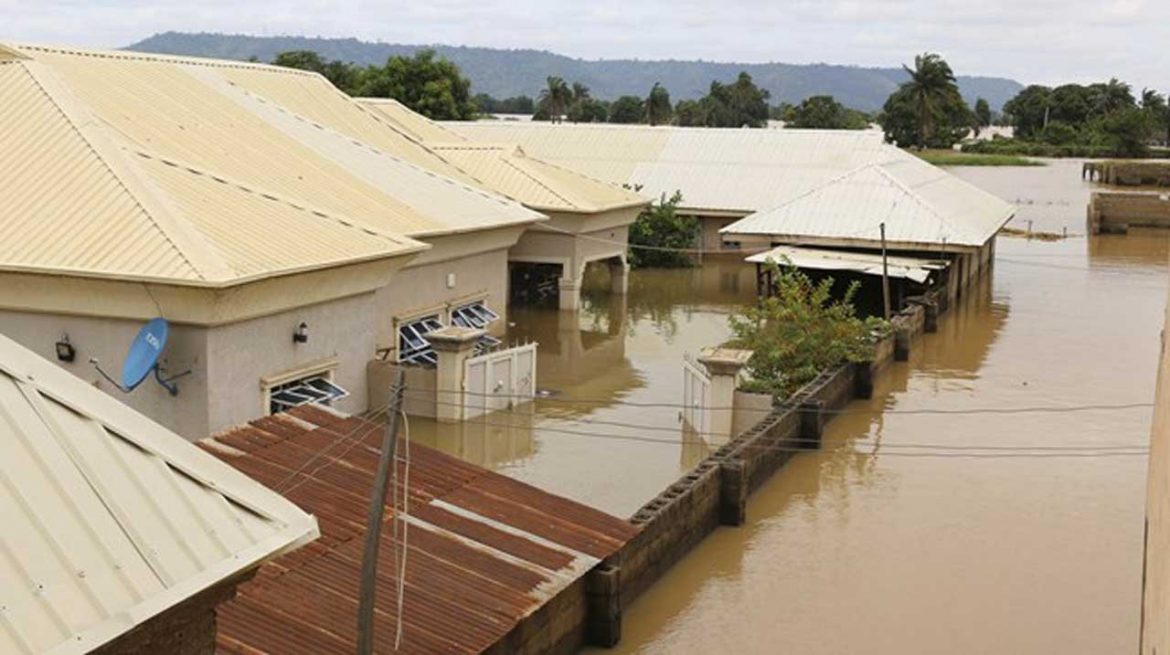In collaboration with the Department of Climate Change (DCC), the Federal Ministry of Environment, the Africa Policy Research Institute (APRI) and the Centre for Climate Change and Development, Alex Ekwueme Federal University, Ndufu-Alike, Nigeria (CCCD- AEFUNAI) has held a stakeholder/policy engagement meeting to share knowledge about Climate Change Adaptation in Nigeria.
The workshop’s goal was to review Nigeria’s climate change adaptation policy frameworks and to investigate practises, strategies, and initiatives of locally-led adaptation in Nigeria. The importance of collaboration in climate change adaptation was emphasised by speakers.
The Director of the Department of Climate Change, Dr. (Mrs.) Iniobong Abiola-Awe, said that Nigeria has made stringent efforts toward enhancing its adaptation action plans by developing several national action plans and policy frameworks such as the National Adaptation Framework with the objectives “to clarify the country’s approach to its national adaptation process and serve as a reference point for bringing together various adaptation planning efforts from different sectors and scales of decision making.”
Read also: Scientists say Europe on the verge of water catastrophe
She underscored the importance of collaborating with APRI and CCCD-AEFUNAI to develop relevant climate change adaptation knowledge, tools, and pathways to enhance Nigeria’s development planning process and strategies with all relevant sectors at different levels.
The Head of the Climate Change Programme at APRI, Dr Grace Mbungu, noted that the Climate Change Adaptation, Strategies, Initiative and Practices project is “aimed at understanding the status, challenges and opportunities of climate change adaptation in Nigeria, with a particular emphasis on locally-led adaptations.”
Echoing Dr Mrs Iniobong Abiola-Awe’s comments, Dr Mbungu emphasised the importance of collaboration and the need to work with the government, established local institutions and in-country researchers to identify and document local adaptation strategies, initiatives, and practices to ensure these actions are recognised at the national and international levels and are supported to be effective, sustainable, and, where appropriate, scaled.
A senior non-resident Fellow at APRI and Director of CCCD- AEFUNAI, Prof. Chukwumerije Okereke, underscored the importance of locally-led adaptation actions by noting that numerous ethnic groups and indigenous peoples of Nigeria have been carrying out adaptation actions for centuries, but the scale, extent and efficiency of their actions have not been fully evaluated.
“So, what we need to do is to make sure that we are really highlighting those local practices that can help and then attract international funding to scale them up,” Okereke added.
This story was adapted from The Guardian.
